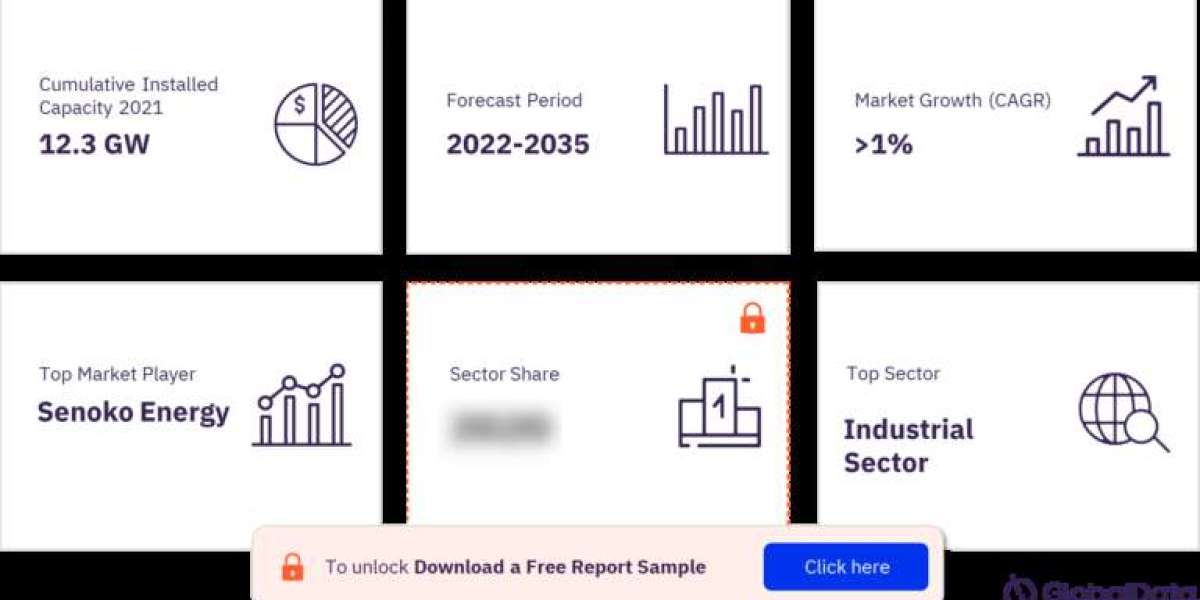The energy sector plays a pivotal role in Singapore's economic growth and sustainability endeavors. As a small and densely populated island nation, Singapore faces unique challenges in managing its power market efficiently.
In this article, we delve into the intricacies of the
Singapore Power Market, exploring its structure, influencing factors, challenges, initiatives, and future outlook.
Understanding the Structure of the Singapore Power Market
Regulatory Bodies
At the heart of the Singapore Power Market are regulatory bodies such as the Energy Market Authority (EMA) and the Public Utilities Board (PUB). These entities oversee the governance and regulation of the power sector, ensuring fair competition and reliability in energy supply.
Market Players
The market comprises various stakeholders, including generation companies, transmission operators, and retailers. Key players like Singapore Power (SP) and Senoko Energy play significant roles in ensuring the smooth functioning of the market.
Factors Influencing the Singapore Power Market
Economic Growth
Singapore's robust economic growth drives the demand for electricity. Industries, commercial establishments, and residential sectors all contribute to the increasing energy consumption, influencing market dynamics.
Government Policies
The Singapore government's policies on energy security, sustainability, and diversification shape the direction of the power market. Initiatives such as the Energy Conservation Act and the Sustainable Singapore Blueprint underscore the nation's commitment to sustainable development.
Technological Advancements
Advancements in technology, particularly in renewable energy and smart grid systems, are reshaping the power market landscape. Innovations like solar photovoltaic systems and demand-side management solutions are gaining traction, driving the shift towards a more sustainable energy mix.
Challenges Faced by the Singapore Power Market
Energy Security
Being heavily reliant on imported fuel sources, Singapore faces challenges in ensuring long-term energy security. Diversification of energy sources and strengthening of infrastructure are crucial to mitigate risks associated with supply disruptions.
Environmental Concerns
As a responsible global citizen, Singapore is cognizant of environmental concerns associated with conventional energy sources. The push towards cleaner alternatives and carbon neutrality aligns with the nation's commitment to reducing greenhouse gas emissions and combating climate change.
Market Competition
The liberalization of the electricity market has introduced competition among retailers, offering consumers more choices. However, ensuring fair market practices and preventing monopolistic tendencies remain ongoing challenges.
Initiatives and Solutions for a Sustainable Power Market in Singapore
Renewable Energy Integration
Singapore aims to increase the share of renewable energy in its power mix significantly. Investments in solar, wind, and hydroelectric projects, along with incentives for renewable energy adoption, are driving the transition towards a greener future.
Smart Grid Technologies
Smart grid technologies play a vital role in enhancing grid reliability, efficiency, and resilience. Integration of advanced metering infrastructure, energy storage systems, and grid automation enables better demand management and integration of distributed energy resources.
Energy Efficiency Measures
Efforts to promote energy efficiency through incentives, regulations, and public awareness campaigns contribute to reducing overall energy consumption. Measures such as building retrofitting, energy-efficient appliances, and industrial process optimization enhance resource utilization and reduce carbon footprint.
Future Outlook of the Singapore Power Market
The Singapore Power Market is poised for continued growth and innovation in the coming years. With a focus on sustainability, resilience, and technological advancement, Singapore is well-positioned to navigate the evolving energy landscape and emerge as a regional leader in clean energy transition.
Conclusion
In conclusion, the Singapore Power Market presents a dynamic ecosystem shaped by regulatory frameworks, market forces, and technological advancements. Addressing challenges such as energy security, environmental sustainability, and market competition requires collaborative efforts from stakeholders across sectors. By embracing renewable energy, smart grid technologies, and energy efficiency measures, Singapore can achieve its vision of a sustainable and resilient power market.
 AC Malta - Stay Cool and Comfortable with DL Group's Air Conditioning Solutions
By dlgroupmalta
AC Malta - Stay Cool and Comfortable with DL Group's Air Conditioning Solutions
By dlgroupmalta Maximizing Crop Potential: The Benefits of METROP Concentrate Liquid Foliar Fertilizer
By metropstores
Maximizing Crop Potential: The Benefits of METROP Concentrate Liquid Foliar Fertilizer
By metropstores Discover Excellence in 3D Printing - Buy Creality 3D Printer at WOL3D Coimbatore
Discover Excellence in 3D Printing - Buy Creality 3D Printer at WOL3D Coimbatore
 A Convenient Way to Fix MetaMask Login Connection Issue
By rosekxffsf
A Convenient Way to Fix MetaMask Login Connection Issue
By rosekxffsf What is Satta Matka?
What is Satta Matka?



